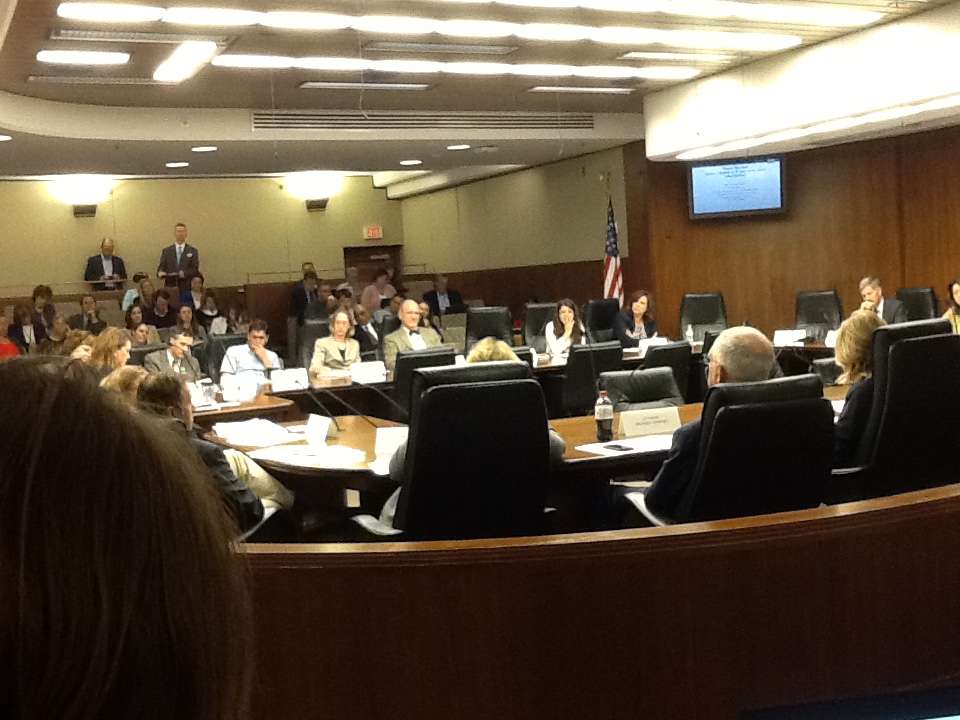By Joan Janusz. As a MN citizen and taxpayer; retired public health nurse; a health care reform advocate; and, someone who needs health care, I care deeply about people and how health care policy and financing affects them. Decisions made at the state level about health care directly impact me, my family, and my community.
I realized how complicated and unaffordable health insurance is when my husband and I retired early and were forced to purchase private insurance. We couldn’t find affordable coverage, and ended up being uninsured for a while and then paying way too much for our insurance. Now, we’re grateful to be on Medicare.
I’ve also volunteered in my community as a Navigator, helping folks get connected to new coverage options under the ACA. I’ve worked with countless families who struggle with the cost of coverage, while observing how insurance companies continue to make astronomical profits, even off of our public health care programs.
During the last legislative session, conservative legislators attacked public health programs such as MinnesotaCare and the MNsure exchange. Governor Dayton, recognizing the work that needs to be done to address these issues, initiated a Health Care Financing Task Force (TF). Made up of 29 members, there are 8 legislators and a variety of people representing categories of non-profit organizations, health care providers, the insurance industry, and others. See the Health Care Financing website for a complete listing: www.mn.gov/d/hctf
The TF is a key place where the future of MN’s health care will be discussed, and that’s why I’m following the meetings and writing about them. The co-chairs are Lucinda Jesson, Commissioner of the Department of Human Services, a designated position, and Sahra Noor, CEO of the People’s Center Health Service, elected by the TF. Meeting nine times starting August 22, 2015, the final report is due January 15, 2016. Three Work Groups have been formed to address: Health Care Delivery Design and Sustainability, Seamless Coverage Continuum and Market Stability, and Barriers to Access
At each of the TF meetings, there has been a full complement of interested people in the gallery. Including Take Action MN staff and health care team members. Other partner organizations have also had members in attendance (Land Stewardship Project, MNA, Isaiah, PNHP-MN). Two Take Action member-leaders have shared meaningful public comments. In looking at the list of TF members and observing and listening to discussions, it is clear which members are focused on people, support universal health care, and the values of equity and affordability for all. Others are clearly focused much more on data, numbers, and profit. And some seem to have “a foot in both camps”.
It remains to be seen what the outcome of this work will be and whether it will produce any change. But what is clear is that we’ll have to fight to get universal health care on the table. The TF is an opportunity to learn more about how programs work (or don’t), see the decision-makers in action, network with our partners, and provide public input about what matters most to us. I will continue to work with my colleagues to build a base of support for affordable, accessible health care for all. I feel strongly that people need health care, not health insurance.

